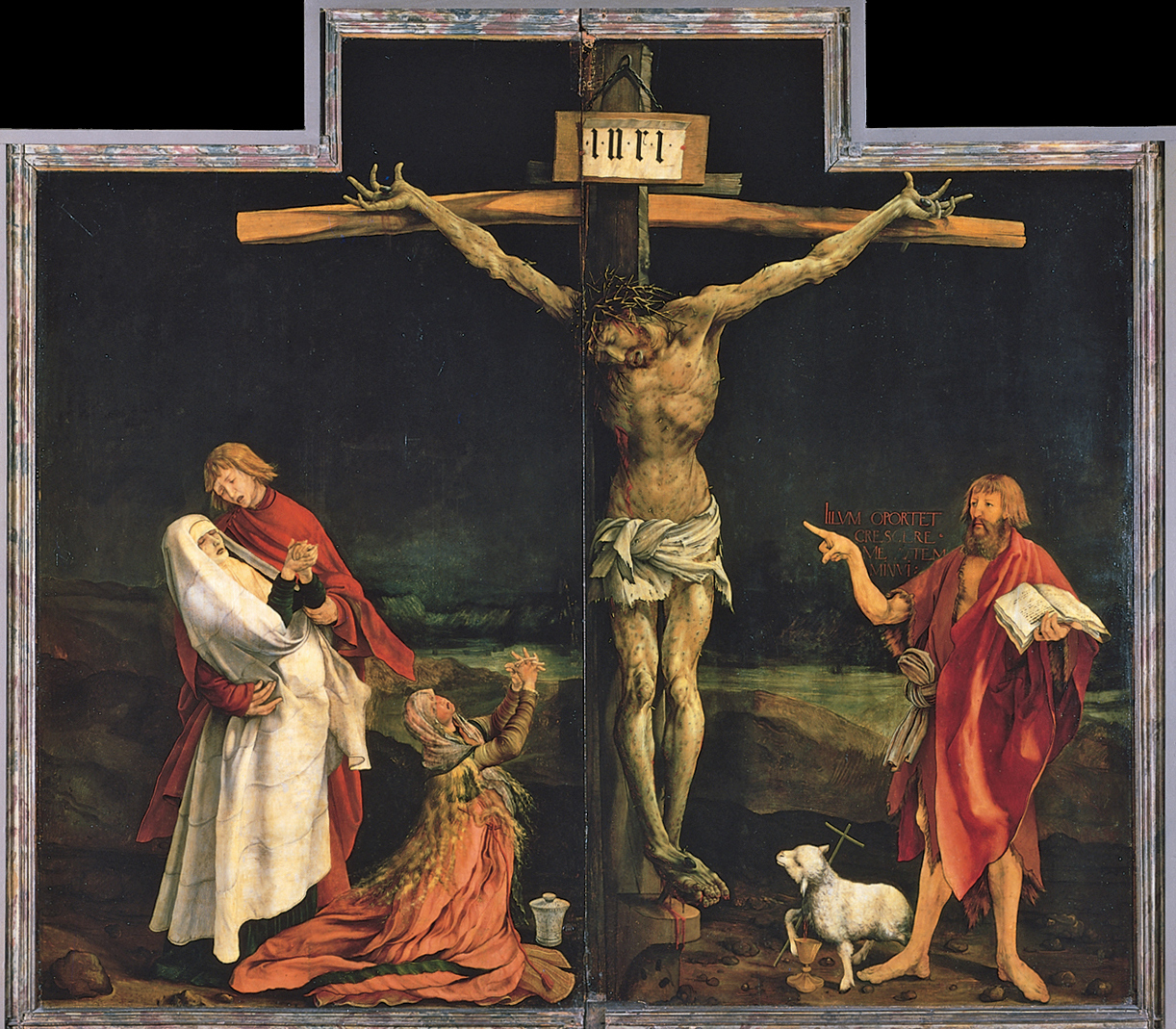Tag: Good Friday
-

Good Friday
Readings: John 19:1-16a | John 19:16b-42 Text: John 19:1-42 Who is your King? Israel had often confessed this: “The Lord became king…when the heads of the people were gathered, all the tribes of Israel together” (Deut. 33:5) “Who is the King of glory? The Lord, strong and mighty, the Lord, mighty in battle!” (Ps. 24:8)…
-

Good Friday
Readings: Isaiah 52:13—53:12 | 2 Corinthians 5:14–21 | John 18-19 Text: 2 Corinthians 5:14-21; John 19:30 “The Death of Jesus Changed How God Relates to the World” The Old Testament sure is bloody. People are dropping dead every other minute, it seems. Reading through the Old Testament, you will find that there are many manifest…
-

Good Friday
Text: John 18-19 Additional Readings: Isaiah 52:13-53:12 | Hebrews 4:14-16, 5:7-9 Pontius Pilate marveled when he had Jesus in his court, because He wasn’t like any other person facing condemnation. And he’s right. Jesus is very different from other men, including you and me. Take Gethsemane for instance: When Jesus had spoken these words, he…
-
Good Friday (Isaiah 53:4-5)
One of the strongest illustrations of the Gospel coming out the Reformation is that of the courtroom scene—forensic justification—where God looks upon the guilty sinner and His verdict is “not guilty” because Christ is the One who stood in our place and bore the punishment. This makes sense, because people were often under judgment and…
-
Good Friday (John 18-19)
Bethlehem Lutheran Church, Lebanon, OR Good Friday + April 19, 2019 Text: John 18-19 In the Name of Jesus. Amen. Jesus is dead. This was everything His enemies wanted. This is everything that God wanted. “It is finished.” This is what Lent has been leading up to—the Son of God, hanging lifeless on the tree…
-

Good Friday (Isaiah 53:4–6)
Bethlehem Lutheran Church, Lebanon, OR Good Friday + March 30, 2018 Text: Isaiah 53:4-6 4 Surely he has borne our griefs and carried our sorrows; yet we esteemed him stricken, smitten by God, and afflicted. 5 But he was pierced for our transgressions; he was crushed for our iniquities; upon him was…
-
Good Friday (John 19:17-30)
Bethlehem Lutheran Church, Lebanon, OR Good Friday + April 14, 2017 Text: John 19:17-30 The Seventh Petition “Deliver us from evil.” We cry out under the weight of evil. The children of Israel cried out to God from cruel slavery.[1] Our hearts ache as we hear or live stories of abuse, murder, and…